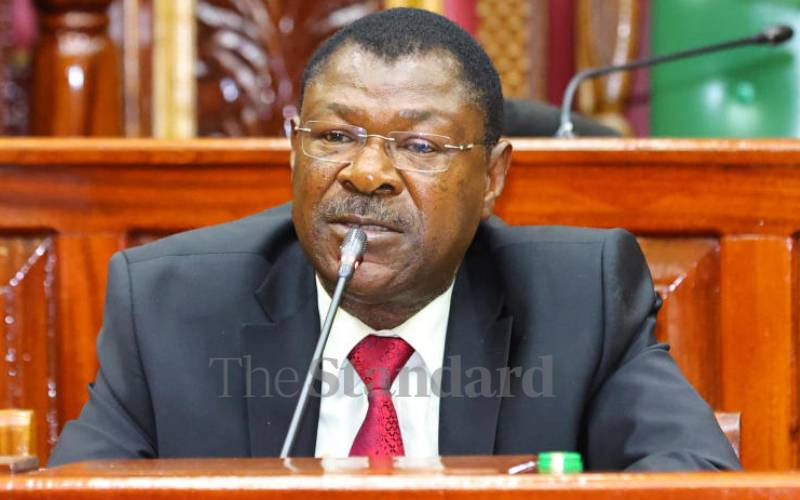×
The Standard e-Paper
Kenya’s Boldest Voice

The process to amend the law to anchor the annulled National Government Constituency Development Fund (NG-CDF) in the Constitution has kicked off in Parliament.
MPs have proposed radical changes to create a kitty for senators, the Senate Oversight Fund, National Government Affirmative Action Fund and Economic Stimulus and Empowerment Fund are fully entrenched in the Constitution.